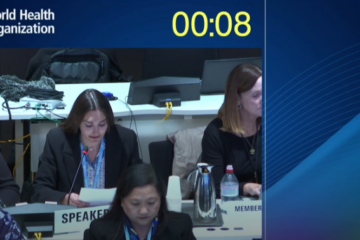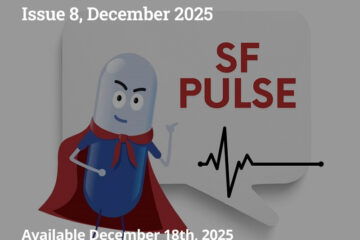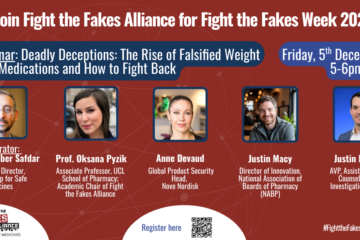My name is Quentin Duteil and I am a 21 years old French pharmacy student. I began pharmacy studies 5 years ago, passionate about helping people in need fight their disease. To be honest, I’ve never been that interested in the research and development of medicines, but much more by how these formidable tools can heal or give relief to people who are sick.
I was born and raised in France where the fake medicines from a pharmacy are not a common problem, and the truth is I had never before experienced or heard of the phenomenon. So why did I decide on this subject for my thesis? That’s a question many people have asked.
During my second year of pharmacy studies, I heard about fake medicines for the first time. After quite a lot of theoretical classing, I was really captivated to learn about what was happening in the real world of public health. Among the amazing scientific discoveries, terrible natural disasters, and outbreaks of infectious diseases I was truly struck by the horror of fake medicines.
To imagine that some of the best tools ever created, one in which people have great confidence and can rely on almost blindly, one in which I firmly believe in and plan to work with all my professional life, could be used to deceive people and threaten their health—even their lives! The extent of this deception terrified me.
I started to read stories from the front line, from people exposed to this threat every single day. In France, so little is known about fake medicines. But when reading about international operations lead by organizations like Interpol and the World Health Organization, it becomes clear that though this problem isn’t new at all, fake medicines are becoming a growing struggle for the world. And so that is how I became passionate about joining in a global movement for the critical fight against fake medicines.
For several months now this has been the main focus in my work, and I want my thesis to be one more tool to increase public awareness. I have been working to share information about this issue through online and social networks, and I am proud to join the Fondation Chirac in a project lead by the French National Academy of Medicine proposing new steps the government can take to better protect people from fake medicines.
Fake medicines are spreading quickly around the world, now invading even strong and well-regulated health systems. People and governments must be conscious of this and take the necessary actions in order to protect public health. Let’s hope this is only the beginning: the fight goes on, and every party involved must now raise their voice. Our health should be our most cherished possession.


